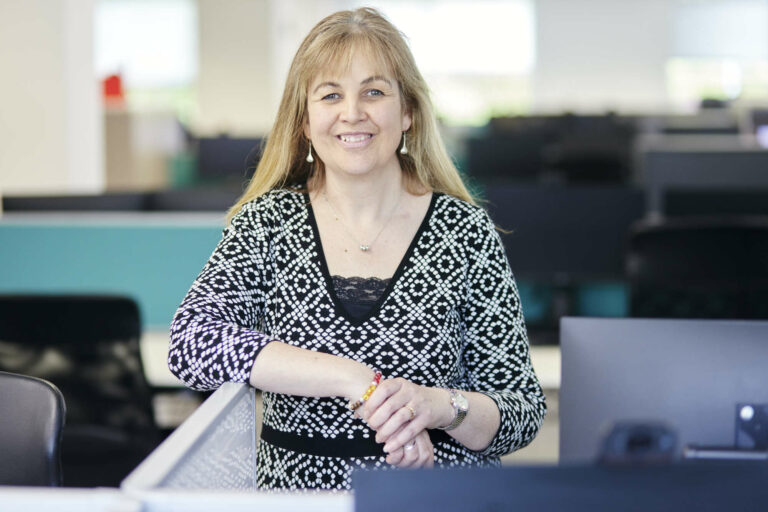The 3 to 9 July is Cancer & Pregnancy Awareness Week. Cancer and pregnancy are two words that should never fall into the same sentence, but sadly, cancer during a pregnancy is not that uncommon. What should be a time of celebration is clouded by fear from the diagnosis.
Challenges in diagnosis during pregnancy
During pregnancy, mum will inevitably experience various changes in her body which are natural changes relating to the pregnancy itself. Some changes however can be more sinister and be symptoms of an underlying cancer, which has yet to be diagnosed. Differentiating those natural pregnancy related changes from something more sinister can be challenging. Sometimes symptoms can mimic the normal changes expected during a pregnancy. That makes it difficult for the mum to notice any concerning changes, and difficult for midwives, GPs and obstetricians to identify any cause for concern.
If there are concerns about a potential cancer, then tests will usually be undertaken to investigate what is going on. That will usually include a physical examination, blood tests, a biopsy and imaging. Certain imaging tests can be undertaken without exposing the foetus top radiation (eg an ultrasounds scan).
Treatment options
If a diagnosis of cancer is made during a pregnancy, in addition to the inevitable psychological impact, it is challenging situation for both mum and the medical team. How the cancer is managed will depend on a variety of factors, including the gestational age of the foetus, the type of cancer, where it is, how advanced it is, what the treatment options are, and the overall health of mum. A multi-disciplinary team of doctors including an obstetrician and an oncologist will be put in place to help mum make the best decisions for treatment.
The family will always want to carefully balance the treatment options: what is best for mum and what is best for the baby. Often, there is conflict between the two. Not all treatments are safe for the foetus. Sometimes difficult decisions have to be made. Sometimes, it may be decided that the labour should progress to its natural end to optimise the baby’s health, with a plan for mum to begin treatment as soon as possible after birth. Sometimes mum might have to make decisions about bringing the birth of the baby forward to allow her to begin her treatment, which could be lifesaving if started promptly, and not if delayed. Sometimes, a woman may be advised to undergo a termination of her pregnancy in order to begin her treatment. It is an incredibly challenging time for the family, and the decisions are often extremely difficult ones to have to consider.
There is support available for families experiencing a diagnosis of cancer during a pregnancy. Charities like Mummy’s Star and Macmillan offer advice and support. Even the knowledge that you are not alone in this scenario can provide some comfort, and a source of advice and support.
We are clinical negligence experts
Enable Law specialises in medical negligence, and we are here to advise and help you if you have concerns about the treatment of your cancer care. Should you have any concerns regarding your medical care, please contact us to speak with one of our specialist advisors.


















